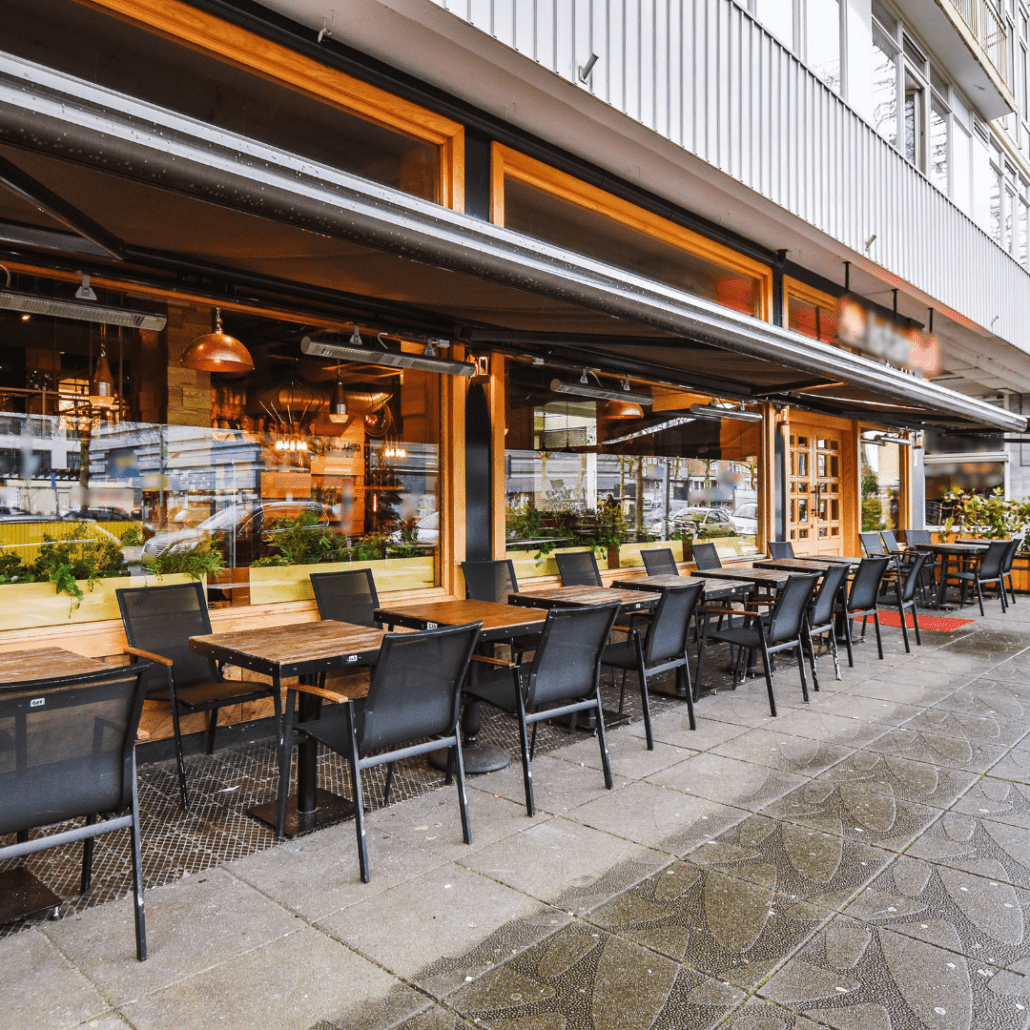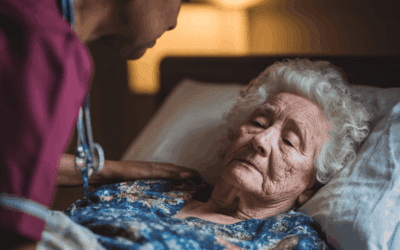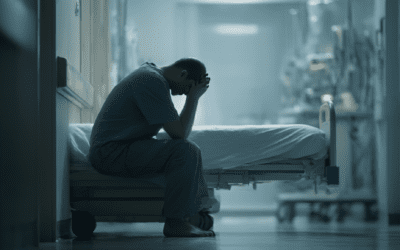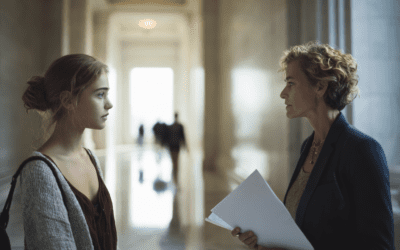Imagine walking across a pristine hotel lobby, only to suddenly find yourself sprawled on the floor, pain shooting through your body from an unmarked wet spot. As a resident or visitor, you’re protected by premises liability laws Florida that hold property owners accountable for such dangerous conditions. You’ll need to understand your classification as a visitor, the property owner’s legal obligations, and how comparative negligence might affect your claim. The path to compensation begins with knowing your rights.
What Is Premises Liability Under Florida Law?

Property ownership in Florida carries significant legal responsibilities. Under premises liability laws, you’re legally accountable for injuries occurring on your property due to unsafe conditions. This means you must maintain a reasonably safe environment for all lawful visitors.
The legal implications vary depending on who’s visiting your property. Invitees—such as customers or clients—receive the highest duty of care, while trespassers are afforded minimal protection.
When someone is injured on your premises, they must prove you knew or should have known about the dangerous condition and failed to address it.
Understanding these premises liability principles is essential, as injured parties have four years to file claims against you. Common liability scenarios include slips and falls, inadequate security incidents, and dog bites.
The Three Categories of Visitors in Premises Liability Cases
Florida’s premises liability framework hinges on visitor classification, which directly affects a property owner’s legal responsibilities. Understanding these categories is crucial when evaluating potential claims.
Invitees receive the highest protection under the law. Property owners have significant invitee responsibilities, including inspecting for hazards and providing warnings about potential dangers. These visitors enter premises for the owner’s benefit, such as customers at businesses.
Licensee protections form the middle tier, covering social guests and others who enter with permission. Owners must warn licensees of known dangers but are not required to inspect for hazards.
Trespassers receive minimal protection—property owners simply can’t deliberately harm them. However, special rules may apply for children who trespass, potentially increasing owner liability despite the visitor’s unauthorized presence.
Property Owner Responsibilities and Duties of Care
Legal obligations form the foundation of premises liability in Florida, where property owners must maintain safe environments for visitors.
Your responsibility as a property owner varies depending on who visits your premises. For invitees like customers or clients, you must actively inspect for hazards and correct them promptly to guarantee visitor safety.
When licensees (social guests) enter your property, you must warn them of known dangers, though regular inspections aren’t mandatory.
You’re only obligated to avoid intentional harm to trespassers, but the “attractive nuisance” doctrine may hold you liable for child trespassers’ injuries.
Proper property maintenance isn’t just recommended—it’s legally required. If you fail to address unsafe conditions within a reasonable timeframe, you could face liability for resulting injuries.
Common Types of Premises Liability Accidents in Florida
Dangerous conditions lurk in seemingly safe environments across Florida, resulting in several common premises liability incidents you should recognize.
Slip and fall accidents top the list, typically caused by wet floors or uneven surfaces that property owners fail to address. Trip and fall incidents follow closely, occurring when walkways become cluttered or sidewalks deteriorate.
You’re also at risk from falling objects when store merchandise or construction debris isn’t properly secured.

Inadequate security measures in parking lots and retail establishments can leave you vulnerable to criminal acts, forming the basis for negligent security claims.
Swimming pool accidents represent another significant hazard, especially when owners neglect proper fencing or supervision.
Recognizing these common hazards helps you identify when safety measures have been compromised, and your rights may be protected under Florida law.
Elements Required to Prove a Premises Liability Claim
Successfully pursuing a premises liability claim hinges on establishing four specific legal elements that prove a property owner’s responsibility for your injuries.
You’ll need to demonstrate:
- Duty breach – Show the property owner failed to address or warn you about known hazards based on your visitor status (invitee, licensee, or trespasser)
- A clear causal link between the unsafe condition and your injury, proving your harm was a foreseeable consequence of their negligence
- Quantifiable damages supported by medical records, wage loss documentation, and expense receipts
Each element requires compelling evidence to build a successful case.
Florida law demands you establish all four components—duty, breach, causation, and damages—with clear documentation and testimony to secure compensation for your premises liability claim.
Florida’s Comparative Negligence in Premises Liability
When pursuing compensation for injuries on someone else’s property, you should be aware that Florida applies a comparative negligence standard that can greatly impact your potential recovery.
Under this system, your injury compensation will be reduced by your negligence percentage if you’re found partially at fault. For example, if you’re deemed 20% responsible for a slip and fall accident, your awarded damages will decrease by 20%.
This rule applies across all premises liability cases, including inadequate security claims and dog bite incidents. You can still recover damages if you’re not more than 50% at fault.
You’ll be barred from receiving any compensation if you exceed this threshold. Courts carefully evaluate all evidence to determine each party’s responsibility level before finalizing the award amount.
Statute of Limitations for Filing Premises Liability Claims
Time limits strictly govern your ability to pursue compensation for injuries sustained on someone else’s property in Florida. The law establishes clear filing deadlines that you must adhere to:
- You have four years from your accident date to file standard premises liability claims.
- Wrongful death claims arising from premises liability incidents must be filed within two years.
- Missing these deadlines typically eliminates your right to seek compensation, regardless of case merit.
These time constraints emphasize the importance of acting promptly after an injury.
While certain claim exceptions exist in rare circumstances, they’re limited and difficult to prove.
Don’t delay gathering evidence and consulting an attorney—the strength of your case often depends on how quickly you begin the legal process following your injury.
Damages Recoverable in Florida Premises Liability Cases
In Florida, victims of premises liability accidents can pursue multiple categories of financial compensation for their injuries.
You can recover medical expenses, including treatment costs, rehabilitation, and ongoing care necessitated by your injury.
The damage types also encompass lost wages and future income if your injury prevents you from working.

You can claim compensation for pain and suffering, acknowledging the emotional distress and reduced quality of life you’ve experienced.
Out-of-pocket expenses directly resulting from your injury, such as transportation to medical appointments or necessary home modifications, are recoverable, too.
Several compensation factors influence your potential award, including injury severity, the property owner’s degree of negligence, and any comparative negligence on your part.
Understanding these elements helps maximize your potential recovery.
Protect Your Rights—Take Action After a Premises Liability Incident
You’re now equipped to navigate Florida’s complex premises liability terrain. But knowledge alone isn’t enough—timely action is critical. Whether you’ve suffered a slip and fall in a retail store, faced injuries due to negligent security, or encountered another preventable hazard on someone else’s property, knowing your rights is the first step. Enforcing them is the next.
Premises liability cases are nuanced and fact-specific, and every detail matters—your visitor classification, the extent of the property owner’s negligence, and how quickly you pursue legal recourse can all affect your compensation. Don’t let uncertainty or delay jeopardize your recovery.
At Calandro Law, we specialize in holding negligent property owners accountable and securing compensation for injured Floridians. Our team understands the intricacies of Florida law and fights aggressively to ensure our clients receive the justice they deserve.
If you or a loved one has been injured due to unsafe property conditions, contact Calandro Law today for a free consultation. Let us help you protect your future—one step at a time.



